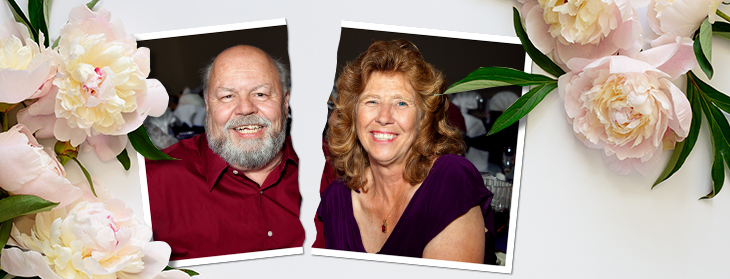
With Baby Boomers in Golden Years, ‘gray divorces’ are on the rise
Posted On April 2, 2018
As America’s Baby Boomers settle into retirement, it’s time for them to finally reap the rewards of their decades of hard work, take that trip they’ve been putting off, sleep in while the working world is racing itself to the office, enjoy spoiling the grandkids.
And, increasingly, to get a divorce.
According to the Pew Research Center, divorce among couples 50 and older doubled in the 25 years from 1990 to 2015, from 5 per 1,000 to 10 per 1,000, and tripled among couples 65 and older to 6 per 1,000.
While that’s still only about half the rate of those 50 and younger, it’s curious why so many in a generation that should be past its mid-life crises and happy to have a significant other with whom to share its golden years should be looking to free itself with a “gray divorce.”
The Pew report notes, however, that Baby Boomers, as a generation, divorced in unprecedented levels as young adults and many are in second or third marriages, which tend to be less stable than first marriages. The divorce rate for couples over 50 in remarriages is double that of those in their first marriage.
According to MarketWatch, another factor is that retirees are living longer, healthier lives. Certified financial planner Lili Vasileff tells MarketWatch that this leads them to “feel entitled to living fully,” and or some of them, that means leaving an unhappy or unfulfilling marriage and starting over.
The big negative here, obviously, is the potential for spending your golden years alone. Who’s going to be there to share those senior moments with you? To finish your sentences for you when you can’t remember why you came into the room?
But that’s not all: Pew notes that gray divorcees tend to be less financially secure, as well. Assets that have been pooled as a couple are now divided, often leaving both sides worse off. Baby Boomers still in the workforce are already less secure in this age of corporate downsizing, and now will not have another income upon which to lean should they be laid off. Divorcing retirees may even have to consider returning to work.
And if a gray divorce means you have to go back to work, what was the point of retiring in the first place?